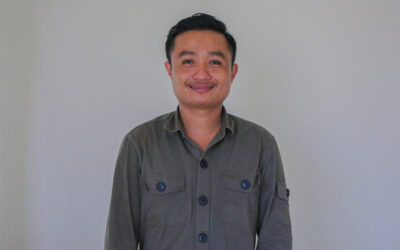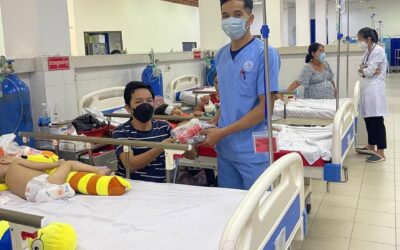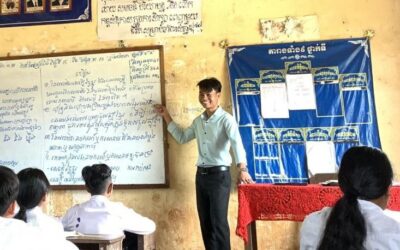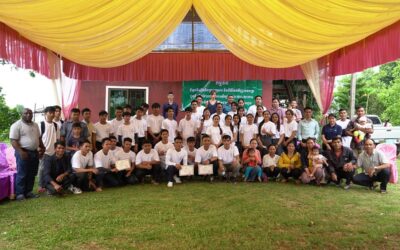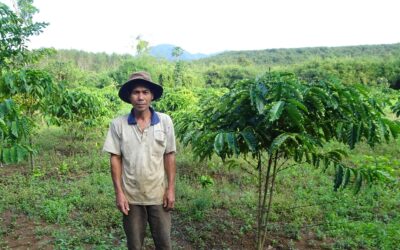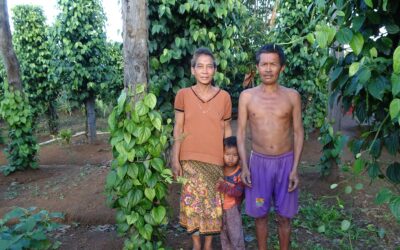We are BIPA.
The Bunong Indigenous People Association (BIPA) is a local association in Cambodia created by indigenous Bunong. Together we work on building a secure future for our communities and our lands in a fast changing environment.
We are a grassroots organization in Cambodia who aims for better livelihoods for Bunong indigenous people living in Cambodia’s hilly Mondulkiri Province.
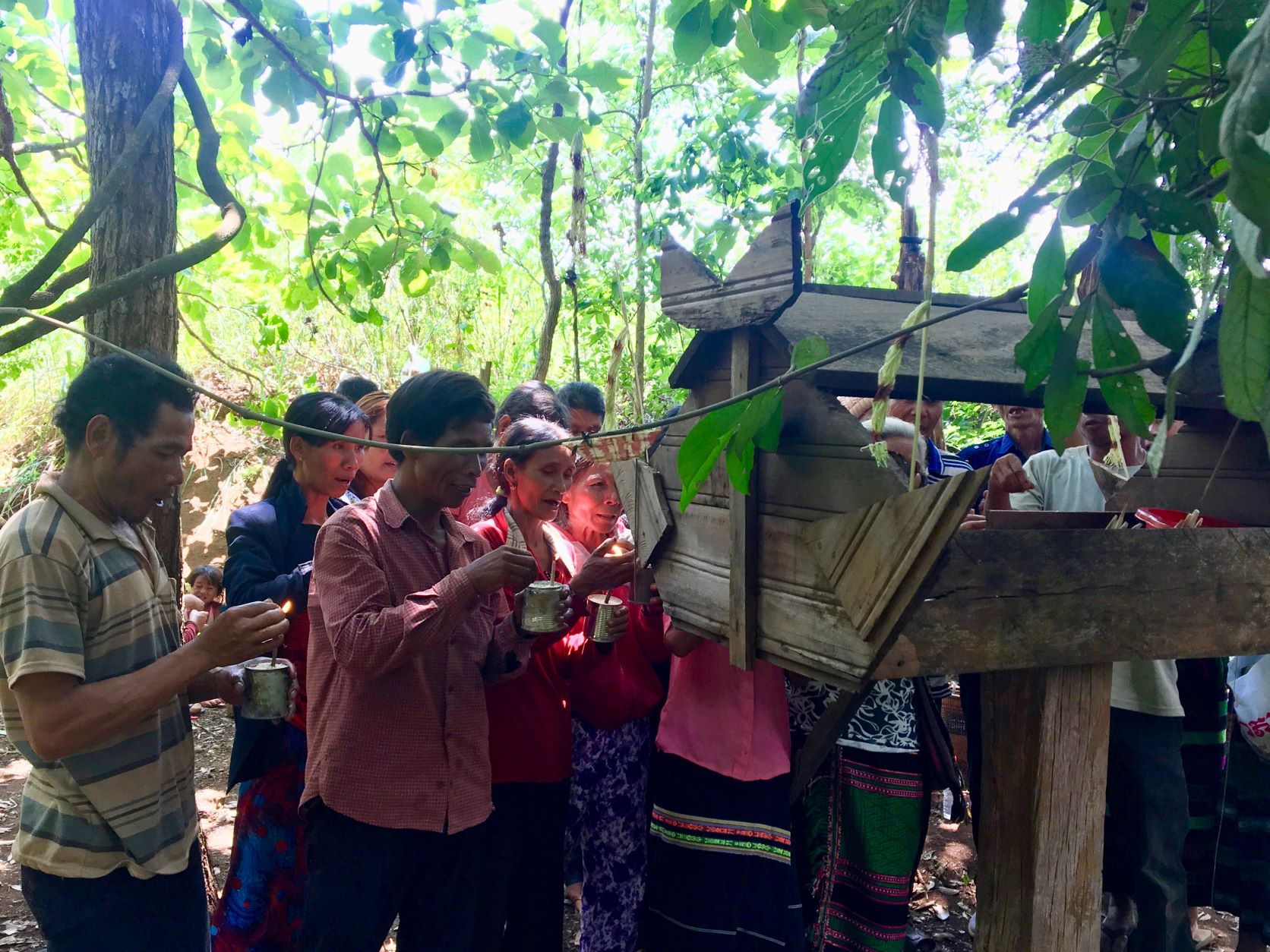
Our four main activities
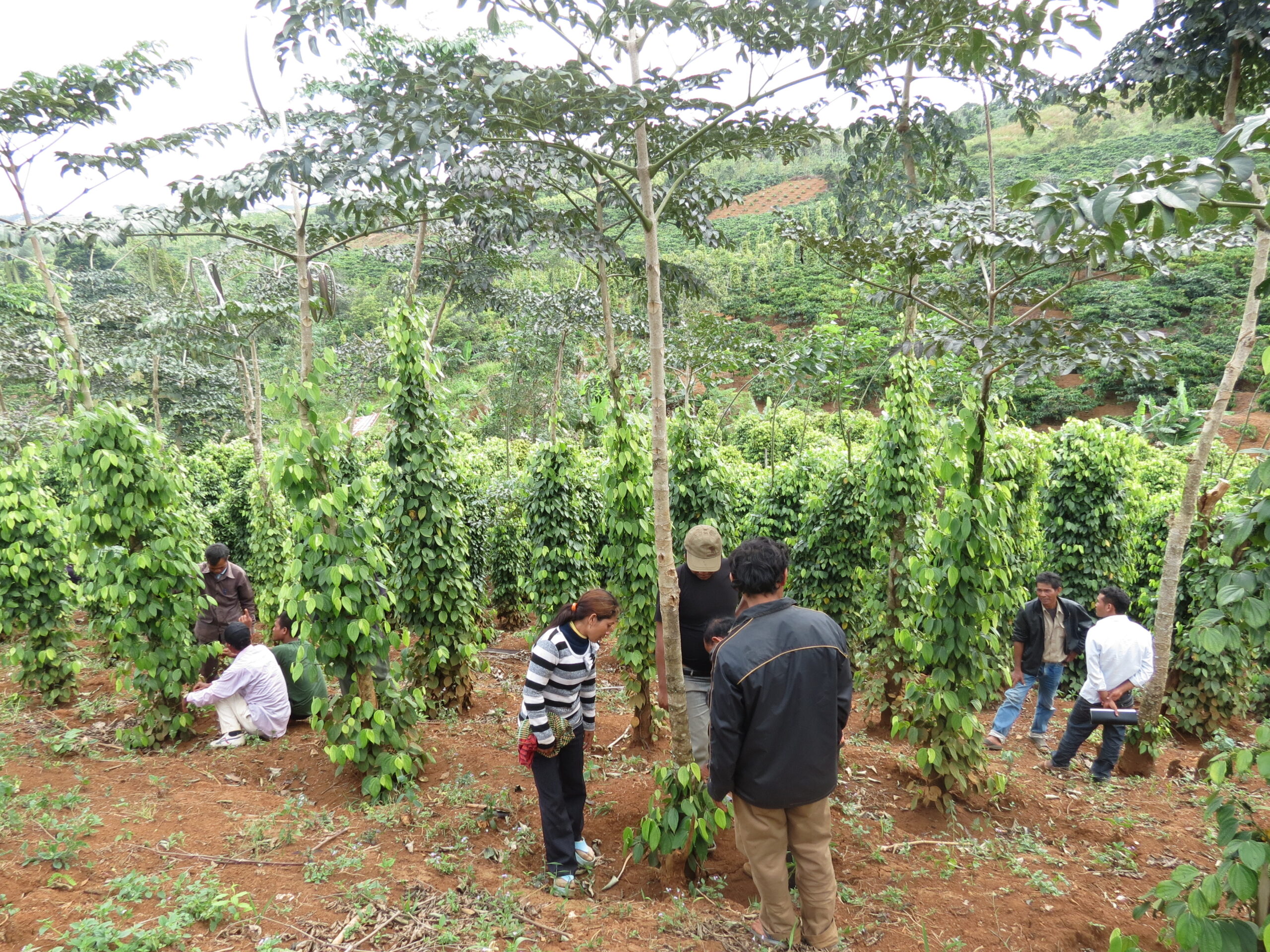
Agriculture
The Bunong are faced with limited land resources and less divers forests. To ensure their livelihoods, they need to adapt their traditional way of swidden farming. BIPA helps them by providing technological support, knowledge and training. The members meet regularly and exchange knowledge, concerns as well as new ideas. Together they find solutions to problems and get help when they need it.

Education
Hopes and dreams
Attending higher education is a rare privilege for most Bunong and it comes with many struggles and obstacles. We have asked students who are currently staying in our student dorm to tell us about their hopes and dreams for their future.
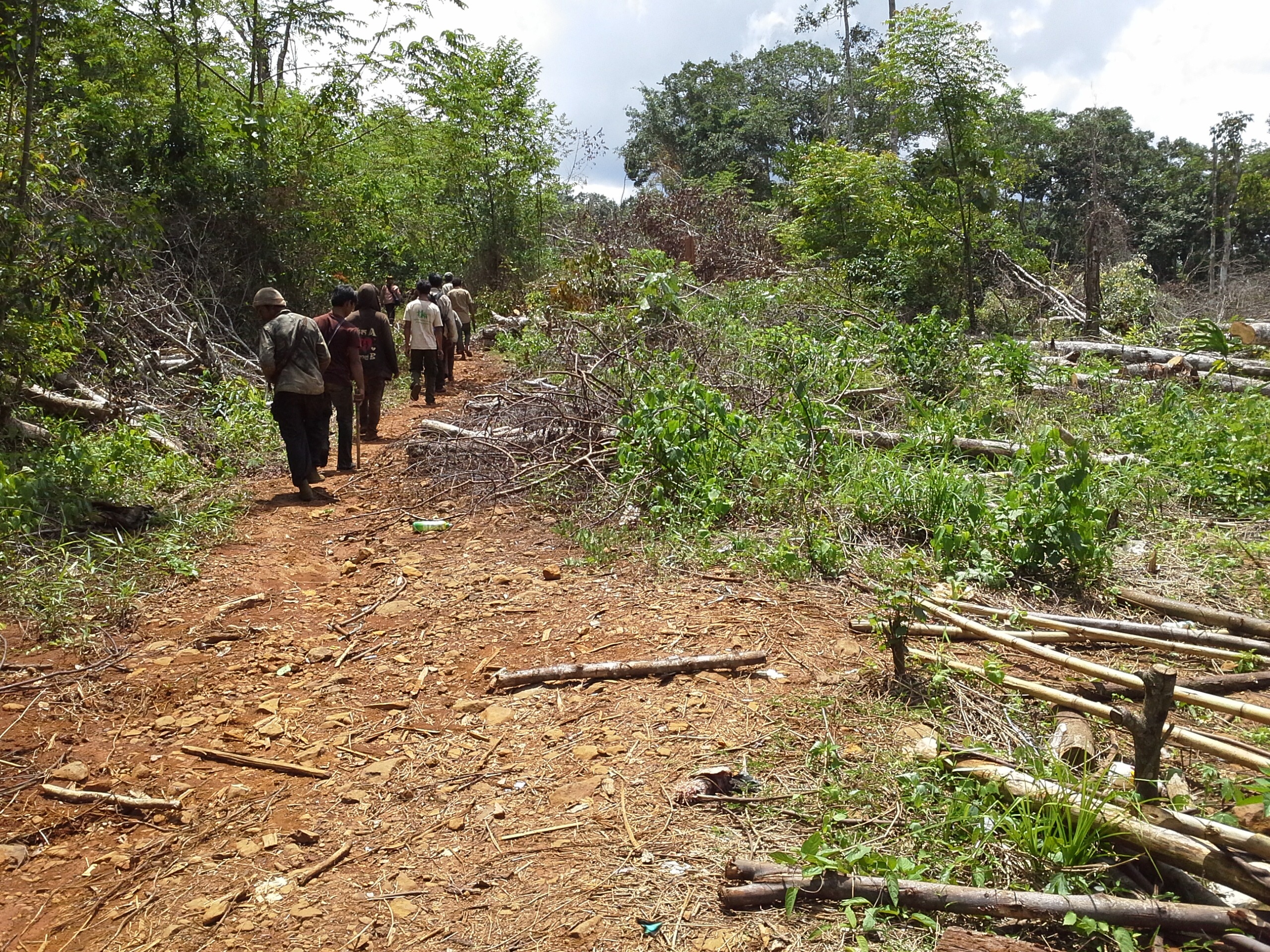
Forest Protection
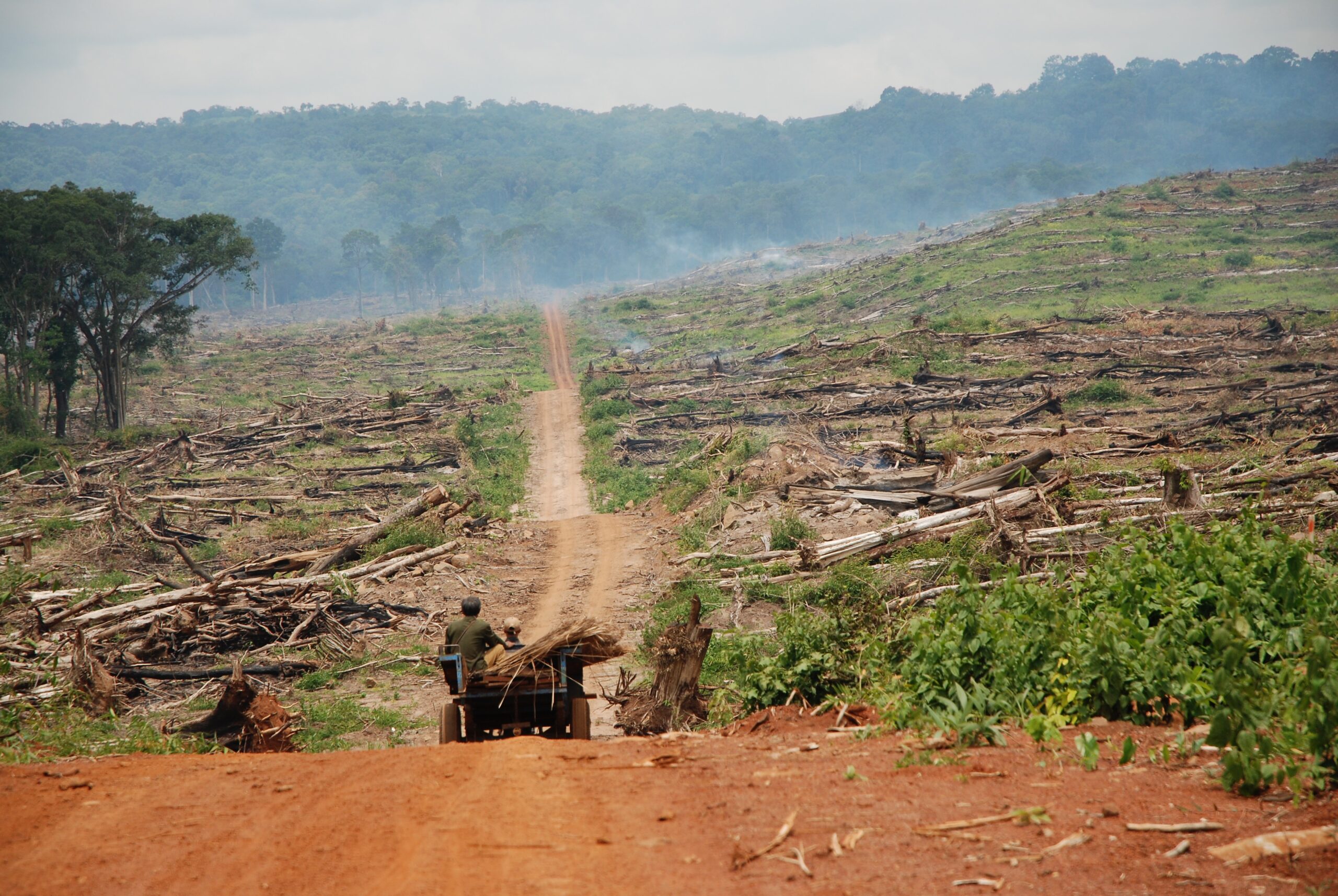
Land conflict solutions
Indigenous Bunong have a long history of defending their indigenous territories. And nowadays it has become necessary to legally protect the remaining land and forests. The aim is for the villagers to obtain a fair share of the development affecting their lives and livelihoods but this is not an easy undertaking. The growth of economic land concessions and the intrusion of settlers put indigenous Bunong lands, forests and sacred places at risk.
What We Do
BIPA has made it their mission to give Indigenous Bunong a better future. We are a community. The best way to help ourselves is by helping our whole community. The Bunong have always shared our ancestral lands, our knowledge and our villages are our tribes.
- We work together to change our ways of farming and to market the products.
- We give young generations the opportunity of higher education and vocational education. We help find job opportunities for Indigenous Bunong.
- We protect our forests and sacred ancestral lands from poachers, loggers and settlers.
- We find solutions to land conflicts and help communities to keep their ancestral lands.
We ensure that our traditions are kept alive and our history is being taught to future generations.
Our Story
Bunong Indigenous People have been farmers, gatherers and hunters. We have a strong connection with our traditions and ancestral lands. We honor and respect our forests and our farming lands, and treat them with the upmost respect.
But the world around us is changing fast and it has made our ways of living very hard. Many family barely have enough to survive. The Bunong lost many ancestral lands and the lands we still have, are scarce. We need to change our ways of farming to cope with the land scarcity, protect the forest that still belong to us and find ways to make a living.
The community first started out in 2008/2009 when rubber companies took away our lands and we started to suffer from land scarcity. We had to do something to protect our remaining lands, our livelihoods and the future of our communities! Bunong Indigenous People Organisation is a grassroots civil society organization set up and lead by Bunong people.
BIPA was officially registered as a local association by the Minstry of Interior of the Royal Cambodian Governement in February 2016.
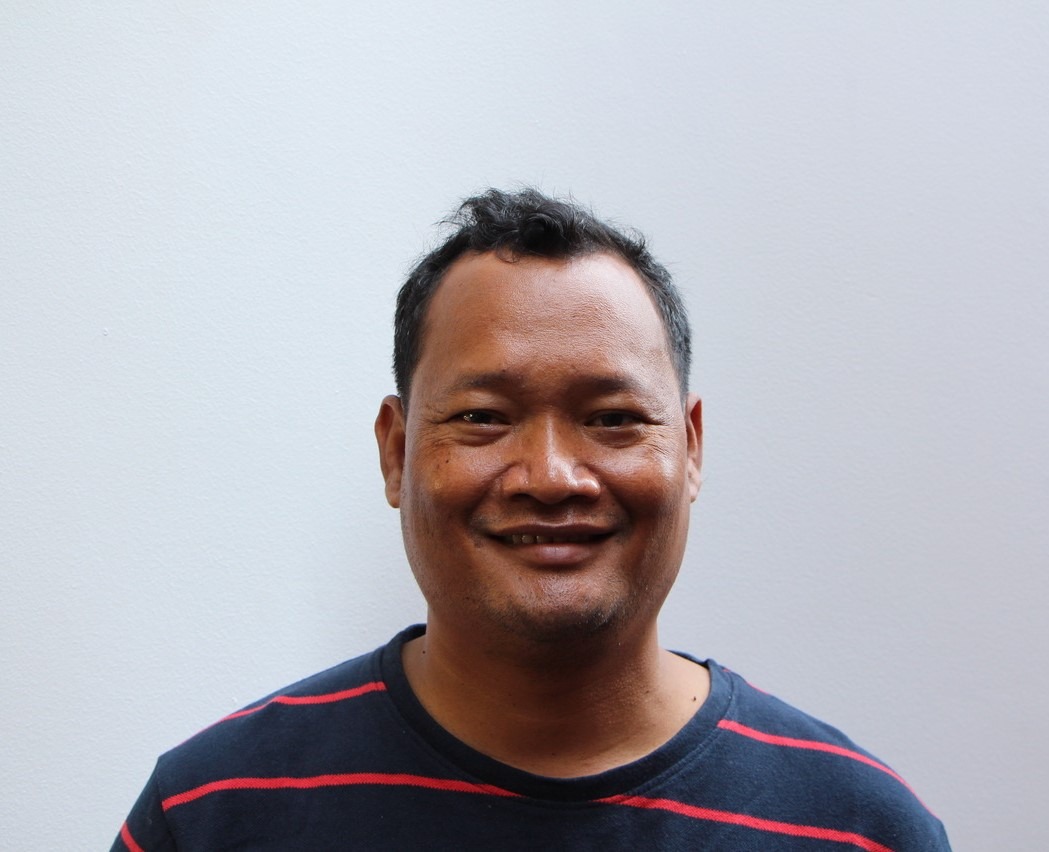
“We experience the everyday life struggles of affected communities. That is why we know what their needs are and together with them, we find opportunities to support them in the best way.”
Neth Prak, executive director of BIPA.
Support Bunong communities
You not only support one person you support a whole community with many families, farming land, precious forests and sacred places. You can change the future development of these communities by securing their livelihoods and by giving younger generations the opportunity to a better education.


BIPA needs your help
We depend on the support of donors and partners. Your donations support our whole community and make our work possible.
As a grassroots organization we operate with very minimal overhead costs. Every donation we receive from individuals and foundations directly goes to the communities and support their efforts to a better future.
Latest News
Interview with Chhai Sarith
Interview with Chhai Sarith, 26 years old, from Pou Houng village, Chong Plas commune, Kaev Seima District, Mondulkiri Province.
Interview with Mlonh Savuth
Interview with Ploy Savuth, 25 years old, from Pu Trom village, Romnea Commune, Senmonorom District, Mondulkiri
Interview with Tre Lin
Interview with Tre Lin a former Student who stayed at the BIPA Student Dorm.
Hopes and dreams
Attending higher education is a rare privilege for most Bunong and it comes with many struggles and obstacles. We have asked students who are currently staying in our student dorm to tell us about their hopes and dreams for their future.
Interview with an animal group member
Here you can add a short summary of no more than 3 sentences. OR delete it and it will automatically take the first 20 words of the blog text.
Interview with a member of the pepper group
Here you can add a short summary of no more than 3 sentences. OR delete it and it will automatically take the first 20 words of the blog text.
World Monument Watch List 2022
We are honored to be part of the World Monument Watch List 2022 with our project of mapping sites of historical and cultural value! The watchlist present 25 heritage sites of extraordinary significance, facing pressing challenges, and where a WMF’s partnership with local communities has the potential to make a meaningful difference.

